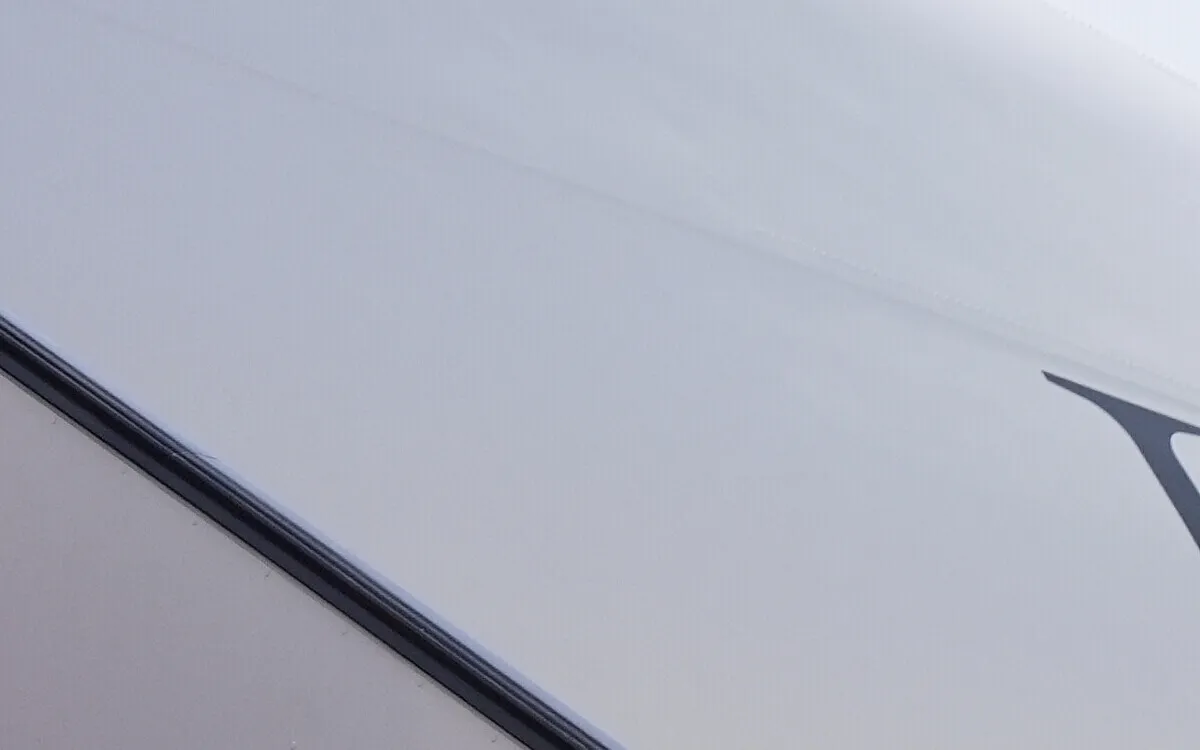
President Donald Trump has recently promoted a jet gifted by Qatar as a cost-saving measure amidst significant delays in the Air Force’s efforts to replace the aging fleet with new Boeing aircraft. However, this decision has raised alarms among lawmakers from both political parties, who are highlighting potential security risks and ethical issues associated with the acceptance of a foreign-owned aircraft as a gift.
Senator Chris Murphy (D-Conn.), a senior member of the Senate Foreign Relations Committee, has openly criticized the deal, stating, “It still sounds like a pretty bad idea to have a foreign government outfitting the most highly sensitive plane in the U.S. arsenal.” Murphy is in the process of introducing a resolution to challenge the agreement, indicating that this issue may gain traction in Congress. “This sounds like a question Congress should debate,” he added, expressing concerns over the implications of such an arrangement.
Adding to the controversy, Trump has suggested that he would like to keep the gifted plane at his presidential library after his term ends, a notion that Murphy has labeled as “fundamentally corrupt.” The issue was first reported by ABC News, which highlighted the potential implications of the president’s acceptance of the aircraft.
The timeline for the Air Force to upgrade the Qatar plane remains uncertain. Reports indicate that contractor L3 Harris Technologies will be responsible for the necessary electronic modifications at their facility in Texas, although a company spokesperson has refrained from commenting on the matter. The Air Force is also in the midst of working with Boeing to deliver two new Air Force One aircraft, but several complications, including cracks in the fuselage and delays in wiring, have pushed the expected delivery date to as late as 2027, contingent on the relaxation of certain requirements.
The jet, which Trump initially toured in February during a stop near his golf club in Florida, has remained in San Antonio, Texas, for several weeks, undergoing preliminary assessments. A former defense official involved with the Air Force One program noted that enhancing secure communication capabilities alone is a significant undertaking. “Then you’ve got life support for the President,” the official explained, detailing the need for a medical suite, long-lasting food service, and various protective measures against potential threats. These extensive upgrades “can’t be done in a few months or even a year,” he cautioned, emphasizing that it’s misleading to label the aircraft as a “free” gift, as the president has suggested.
As Trump continues to face bipartisan opposition, Senator Josh Hawley (R-Mo.) articulated his concerns, stating that the deal sends the wrong message given Qatar’s history of harboring extremists. “We love it that Qatar wants to be friends with the United States again,” Hawley remarked. “But they could start by quitting harboring and promoting Islamic terrorists who want to kill Americans at every turn.”
In response, Qatari Prime Minister Sheikh Mohammed bin Abdulrahman Al-Thani defended the gift, labeling it as “a normal thing that happens between allies.” This sentiment was echoed during a televised meeting in the Oval Office, where Trump jokingly lamented that South African President Cyril Ramaphosa did not have a plane to offer. “I wish you did. I’d take it,” Trump quipped, further emphasizing his willingness to accept foreign gifts.
As the situation unfolds, the implications of this decision will remain under scrutiny, with important questions regarding national security and ethical governance at the forefront of the discussion.